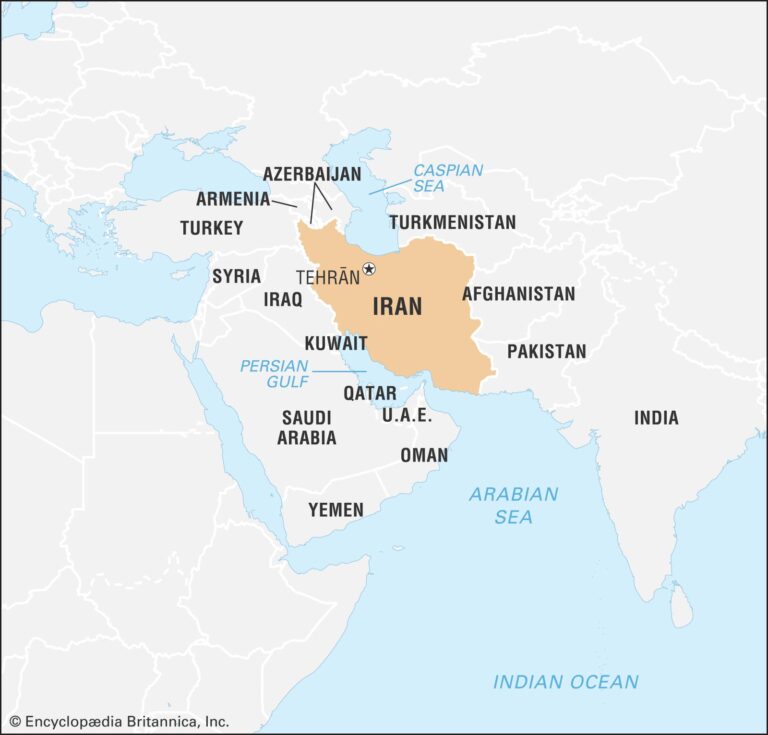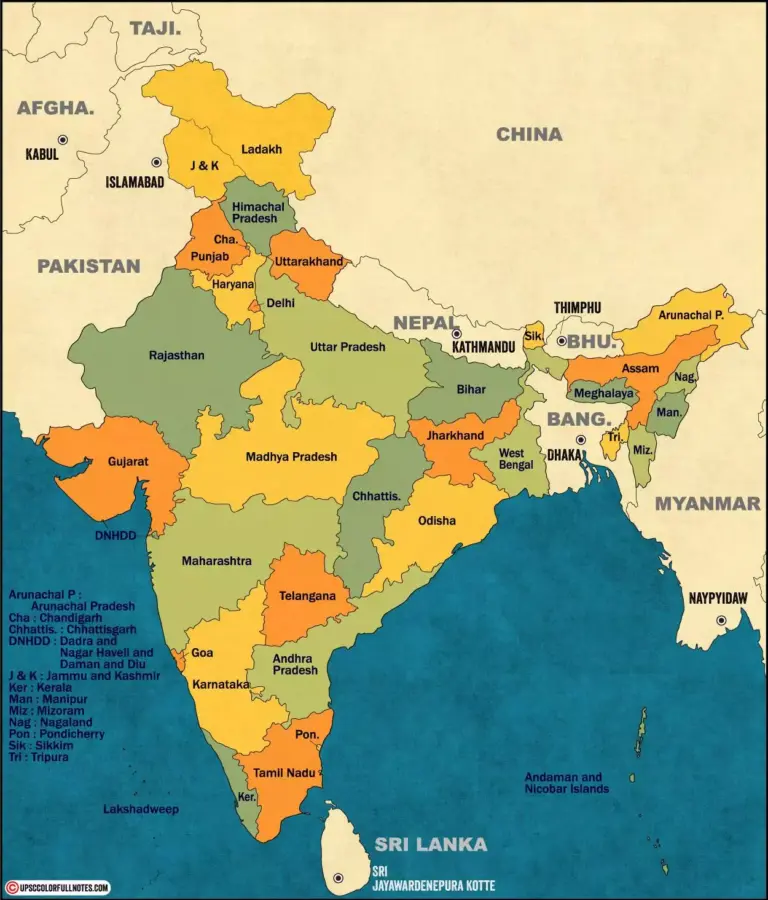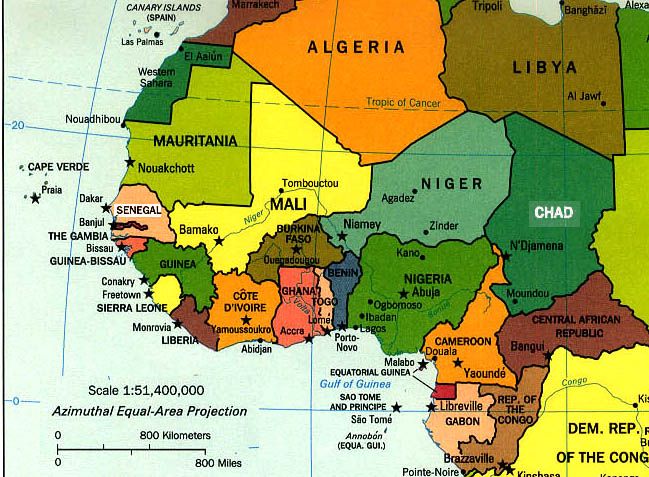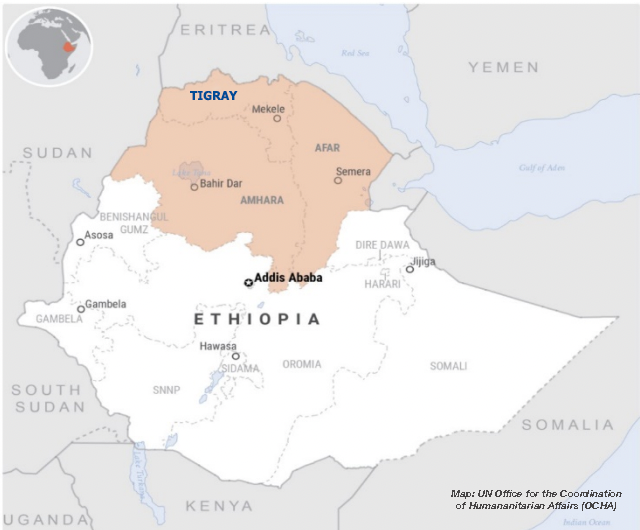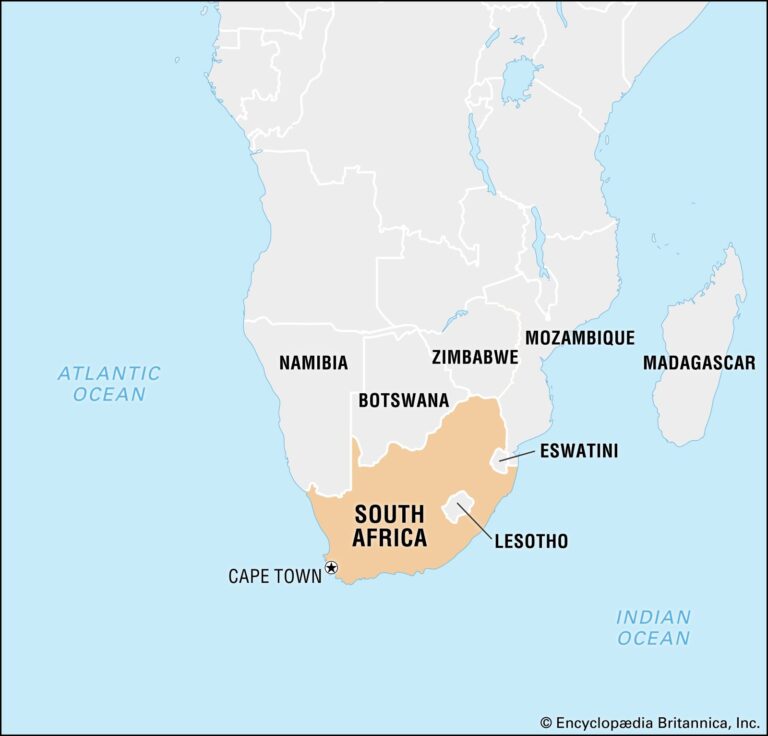Liechtenstein Neighbouring Countries and European Neighbors
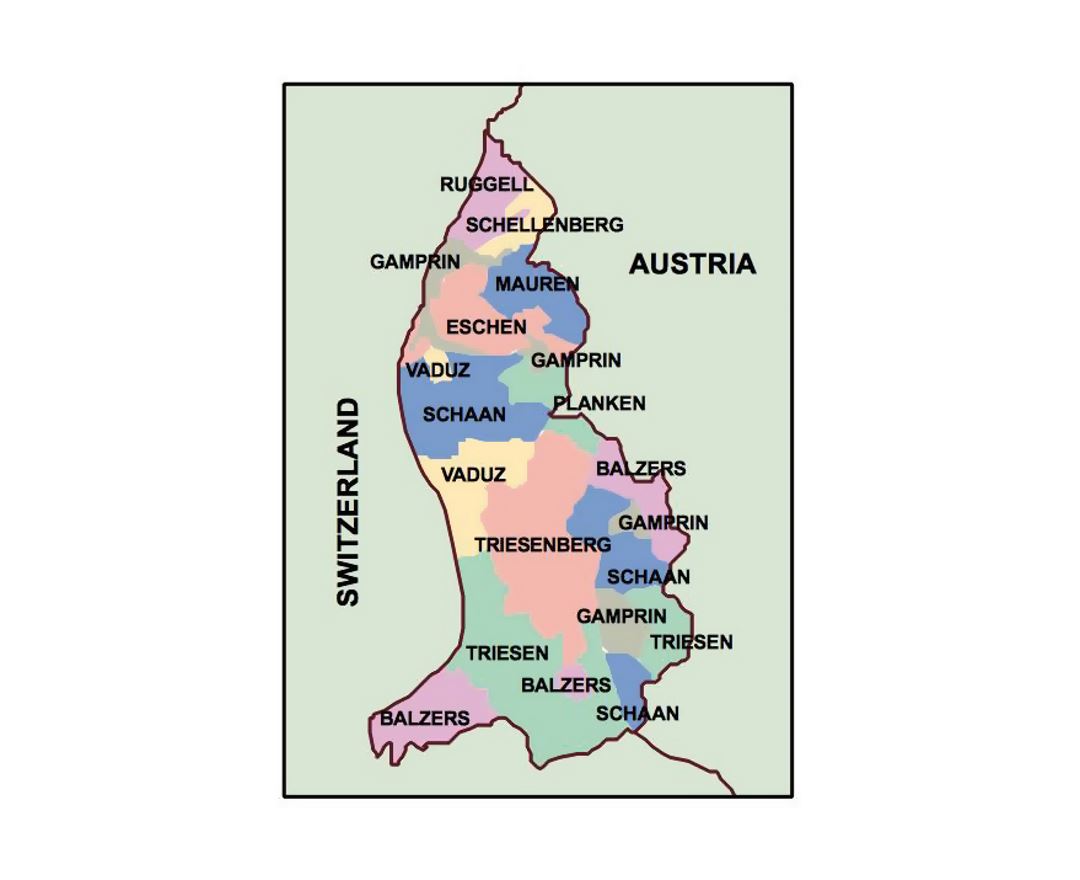
Liechtenstein’s Neighboring Countries
Nestled in the heart of Central Europe, Liechtenstein is a little gem, hemmed in by equally captivating neighbors—Austria to the east, and Switzerland to the west and south. These neighboring lands aren’t just there for pretty postcards; they play a crucial role in shaping Liechtenstein’s vibe and wallet.
Austria: Eastern Border
Liechtenstein cozies up to Austria along its eastern and northern sides, with a border stretching around 35 kilometers. It might be a short line on the map, but Austria’s wealth of alpine beauty and cultural charm doesn’t go unnoticed by its younger cousin, Liechtenstein.
| Country | Border Length (km) |
|---|---|
| Austria | 35 |
Beyond shared geography, these two get along like long-lost relatives. Their bond stretches into shared history and regional projects that boost trade, cultural shindigs, and tourists who adore both – it’s like a mutual admiration club if you will (Liechtenstein USA).
Switzerland: Western and Southern Border
Liechtenstein’s western and southern boundary of about 41 kilometers hooks up with Switzerland, a partnership that’s more than just neighborly chit-chat.
| Country | Border Length (km) |
|---|---|
| Switzerland | 41 |
With borders as open as a barn door since their 1923 customs pact, and having adopted the Swiss franc in 1924, this duo shares an economic playground that’s downright seamless (Swiss Federal Department of Foreign Affairs).
Their teamwork reaches beyond borders, extending into alliances like the European Free Trade Association (EFTA) and the European Economic Area (EEA), which keep the cash registers ringing and borders easy to cross (Wikipedia).
Want to dive deeper into Liechtenstein’s geographic buddies? Check out more stories on dominican republic neighbouring countries, equatorial guinea neighbouring countries, and eswatini neighbouring countries.
In short, Liechtenstein’s ties with Austria and Switzerland are like the bread and butter of its identity, showing just how vital good neighbors are for a tucked-away nation.
Border Control and Free Movement
Minimal Border Control
Liechtenstein, a snug little spot nestled between Austria and Switzerland, keeps things pretty chill on its borders. Thanks to its small size, laid-back population, and the fact that there’s not much crime, the lines separating good ol’ Liechtenstein from the neighbors are easy to cross. The border with Austria stretches about 21 miles, while the one with Switzerland goes for roughly 25 miles. This easy-going approach shows just how buddy-buddy Liechtenstein is with its neighbors, with trust as solid as the Alps themselves.
| Country | Border Length (miles) |
|---|---|
| Austria | 21 |
| Switzerland | 25 |
When it comes to shuffling between these countries, there’s not much fuss. Both Austria and Switzerland barely raise an eyebrow at the border, letting locals and visitors breeze through. This hands-off style helps Liechtenstein fit right in with Europe’s larger economic playbook.
Free Movement Agreement
Now, Liechtenstein and Switzerland go way back. The Customs Treaty they shook hands on in 1923 turned them into economic soulmates. Celebrating its centennial lately, this treaty opened doors for folks and goods to move freely between the two. And when Liechtenstein joined the European Economic Area (EEA) in 1995, it gave the whole free movement gig a bit of a European makeover.
Get this—about 59% of Liechtenstein’s workers actually live in Switzerland (Swiss Federal Department of Foreign Affairs). This cross-border commute is as vital as mountain air to keep the economy cruising smoothly.
| Workforce Composition (2021) | Percentage |
|---|---|
| Cross-border Commuters | 59% |
| Workforce in Liechtenstein | 41% |
But wait, there’s more. It’s not just Switzerland that’s in on this free movement action. Neighbors like Austria and Germany also see folks commuting back and forth, making Liechtenstein a hub of hustle and economic buddying. For more on who’s rubbing shoulders across borders, you might want to spin your globe to check out pieces on Dominican Republic’s neighbors, Ecuador’s nearby pals, and Eritrea’s border buddies.
Liechtenstein’s Landlocked Status
Doubly Landlocked Country
Liechtenstein’s a bit of an oddball in Europe, thanks to its rare status as a doubly landlocked country. Tap-dancing between Austria and Switzerland like it’s no big deal, Liechtenstein is enclosed entirely by other land-shy countries. It’s perched right up there in the Central European Alps, just chilling alongside its neighbors (Wikipedia). Only Uzbekistan shares this unique predicament, making them the only two doubly landlocked countries on Earth.
This quirky positioning shakes up Liechtenstein’s political and economic landscape. With next-door neighbors like Switzerland, they’ve joined forces with a shared currency and economic agreements (Swiss Federal Department of Foreign Affairs). Go figure!
Smallest Country With Two Borders
When it comes to being small but mighty, Liechtenstein takes the crown as the tiniest nation that borders two countries. We’re talking just 160 square kilometers (about 62 square miles)—like a postage stamp on the globe. Yet it still holds hands with both Austria and Switzerland. Other microstates eat your heart out; Liechtenstein runs its own show with style (Wikipedia).
| Country | Area (sq km) | Borders |
|---|---|---|
| Liechtenstein | 160 | Austria (east, north), Switzerland (west, south) |
| Vatican City | 0.44 | Italy |
| Monaco | 2.02 | France |
| San Marino | 61 | Italy |
Liechtenstein’s snug geography is a goldmine for its economy. Smooth relations with Switzerland mean hassle-free transport and a shared fling with the Swiss franc. Curious about how this tiny powerhouse maneuvers major economic muscle? Check out our scoop on economic ties and trade.
Wanna get your head around how other places handle their neighborhood drama? Take a peek at our bits on Dominican Republic neighboring countries and Ecuador neighboring countries.
Women’s Rights and Legislation
Taking a look at women’s rights and the laws in Liechtenstein lets us peek into how the country’s been changing. Two big deals here are when women got the vote and same-sex marriage laws.
Women’s Right to Vote
Liechtenstein dragged its feet and was the very last European nation to let women vote. Imagine having three referendums that just said “no” before, then on July 1, 1984, things finally turned around, and women got the vote. That was quite a pivot in gender equality, helping Liechtenstein catch up with the rest of Europe pushing for more inclusive democracy.
| Key Referendum | Date | Outcome |
|---|---|---|
| Final Referendum | July 1, 1984 | Women granted the right to vote |
Same-Sex Marriage Legislation
Jumping forward a few decades, Liechtenstein grabbed headlines again with its decision in 2024 to legalize same-sex marriage starting in 2025. This move shows the country’s dedication to treating all folks equally, no matter their sexual orientation.
For some extra reading on the legislative changes happening just over the border, check out the stories on hungry neighbouring countries and france neighbouring countries.
| Legislative Milestone | Year | Description |
|---|---|---|
| Same-Sex Marriage Legislation Passed | 2024 | Legalization of same-sex marriage slated for 2025 |
If you’re curious about what’s up in the world around Liechtenstein, notre more about regions like equatorial guinea neighboring countries and el salvador neighboring countries to see how they’re navigating their own social-political seas.
Economic Ties and Trade
Liechtenstein might be tiny, but it packs a punch in the world of business. Let’s break down how this small nation makes a massive impact economically through its foreign deals and hefty exports.
Foreign Direct Investments
If you thought Liechtenstein was just a blip on the map, think again. Its companies are global heavyweights, especially in the US. Liechtenstein ships over $500 million worth of goods to the States every year and matches that with investments in American soil. You’ll find 12 Liechtenstein businesses employing about 6,300 folks right here in the US. They’re into everything from building skyscrapers to fixing teeth, making movies, and even sprucing up car engines.
Worldwide, these companies keep over 80,000 people working – more than double the number of folks living in Liechtenstein. That’s some serious reach for such a small country.
| Country | FDI Value (USD) | Jobs Provided |
|---|---|---|
| United States | 500M+ | 6,300+ |
| Germany | Info not shared | Info not shared |
| Switzerland | Info not shared | Info not shared |
Export Markets
Selling stuff is a big deal for Liechtenstein, and the US, Germany, and Switzerland are lining up to buy. The US leads the pack with imports totaling $561 million, then comes Germany pulling in $479 million worth of goods, and Switzerland not far behind at $375 million.
| Country | Export Value (USD) |
|---|---|
| United States | 561M |
| Germany | 479M |
| Switzerland | 375M |
For more on how Liechtenstein fits into the big picture of international buddy-buddy deals, check out our pieces on dominican republic neighbouring countries and ecuador neighbouring countries.
Liechtenstein is in a prime spot; it’s surrounded by busy bees from Switzerland, Austria, and Germany. Every day, workers flock over the borders to make the magic happen, bringing their skills and hustle to the table.
Despite its size, Liechtenstein plays a major role in the global business scene. If you’re curious about how other countries are doing their thing, have a peek at our articles on ethiopia neighbouring countries and france neighbouring countries.
Cross-Border Commuters
Liechtenstein’s job scene is greatly shaped by its neighboring pals, with a big chunk of its workforce made up of folks crossing the border to earn their daily bread.
Workforce Composition
Liechtenstein’s got a workforce filled with many foreign workers who stream in every day from Switzerland, Austria, and Germany. This cozy setup has been going strong, thanks to tight economic bonds with these neighbors, especially Switzerland, going way back to the early 1900s.
As of the end of 2021, nearly 59% of those clocking in and out in Liechtenstein were cross-border commuters camping out in Switzerland. That’s more than half the whole workforce!
| Workforce Category | Percentage (%) |
|---|---|
| Local Residents | 41 |
| Cross-border Commuters | 59 |
Liechtenstein companies stretch far and wide, offering jobs to over 80,000 folks around the globe. They’ve got more workers hustling outside their tiny home than their entire population, which is just around 40,000 people. Imagine that!
Migration Restrictions
Even though there’s an open door policy for workers between Liechtenstein and its neighbors, certain rules are still in place. For example, Swiss citizens have a cap on how many can settle in Liechtenstein. As of late 2018, more than 3,600 Swiss folks called Liechtenstein home, about 10% of the population.
These rules help keep the country’s petite size and population in check, making sure the workforce flow doesn’t tip the scales.
For more on countries hugging the borders, check out other reads like Ecuador’s neighbors and Who’s next to Ethiopia.

